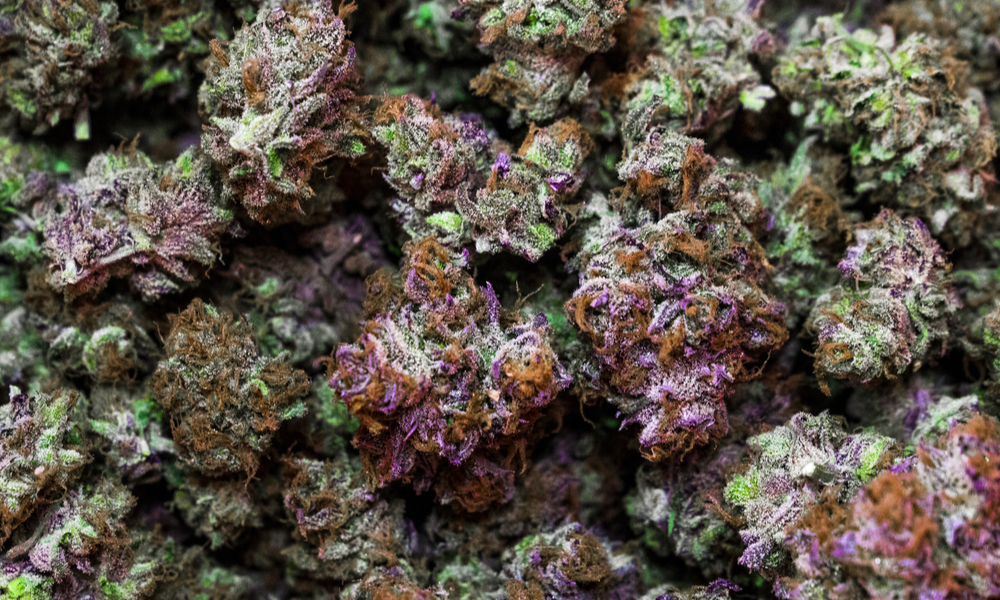Tetrahydrocannabivarin (THCV) is a cannabinoid substance discovered in marijuana and hemp plants. It's chemically comparable to tetrahydrocannabinol (THC) however with some key differences. Here's whatever you require to know about THCV consisting of the dangers, benefits, differences, and similarities with other kinds of THC and more. What Is THCV? THCV is a less typical cannabinoid discovered in some pressures of marijuana, particularly African sativa.
 What is THCv? THCv Effects Verilife
What is THCv? THCv Effects Verilife
 THCV - Cresco Labs
THCV - Cresco Labs
 What Is THCV (Tetrahydrocannabivarin) And What Does It Do?
What Is THCV (Tetrahydrocannabivarin) And What Does It Do?
THCV has a 3-carbon side chain instead of THC's 5-carbon side chain. This distinction is subtle, however it has an obvious impact on the effect profile. THCV is somewhat psychedelic however just about and about. What Does THCV Seem like? THCV has a strong energy-boosting element to it, that makes it particularly popular amongst students and athletes.
In the United States, THCV policy is nuanced. THCV is not a Schedule I Drug, however marijuana extracts are making it somewhat uncertain what the federal position is on THCV. The 2018 Farm Costs states that hemp plants and all derivatives of the plants are legal on a federal level, numerous companies comply with this law and still offer THCV to clients by just drawing out the substance from hemp plants.
If THCV is thought about a THC analog, it could be managed in the future by the same rules as THC under the Federal Analog Act. This act mentions that any substance that shares a comparable molecular profile as a recognized prohibited compound it's included in the exact same drug Set up category.
What Are the Impacts of THCV? Advocates of THCV report that it produces an extreme burst of energy and makes them feel blissful without the psychological cloudiness triggered by THC. The effects are super mild compared to THC. The effects are almost exclusively cognitive yet in some way have very little influence on headspace.
2. THCV & Hunger Some THCV users claim that it curbs their hunger. This is a common impact of other focus-enhancing substances. It's as though THCV eliminates the diversion of other physical procedures (like cravings) in order to protect resources and attention to cognitive tasks instead. How Does THCV Work? Cannabinoids produce biological impacts in the human body by communicating with endocannabinoid receptors.
CB1 receptors lie in the nerve system and interact with neurotransmitters in the brain to produce mind-altering effects. Interaction with CB1 websites is what gives some cannabinoids like THC their psychoactivity. THCV is a bit difficult to understand because it's primarily a CB1 villain, meaning it has the opposite impact as THC.
While researchers are still looking for to comprehend this procedure, it appears THCV is able to block the effects of CB1 in low dosages and promote them in high doses. CB2 receptors are found mainly in the immune system. THCV is a partial agonist of CB2, however the results of this partial activity aren't well-known, and it relatively has no noticeable effect on THCV users' experience.
As pointed out in the previous area, THCV is a CB1 villain in low dosages which is the exact opposite result of delta 8 and delta 9 THC. This could mean that THCV neutralizes some of the psychedelic effects of THC. This effect could describe why individuals who utilize THCV feel so clear-headed especially compared to the well-known "fogginess" induced by delta 9 THC.